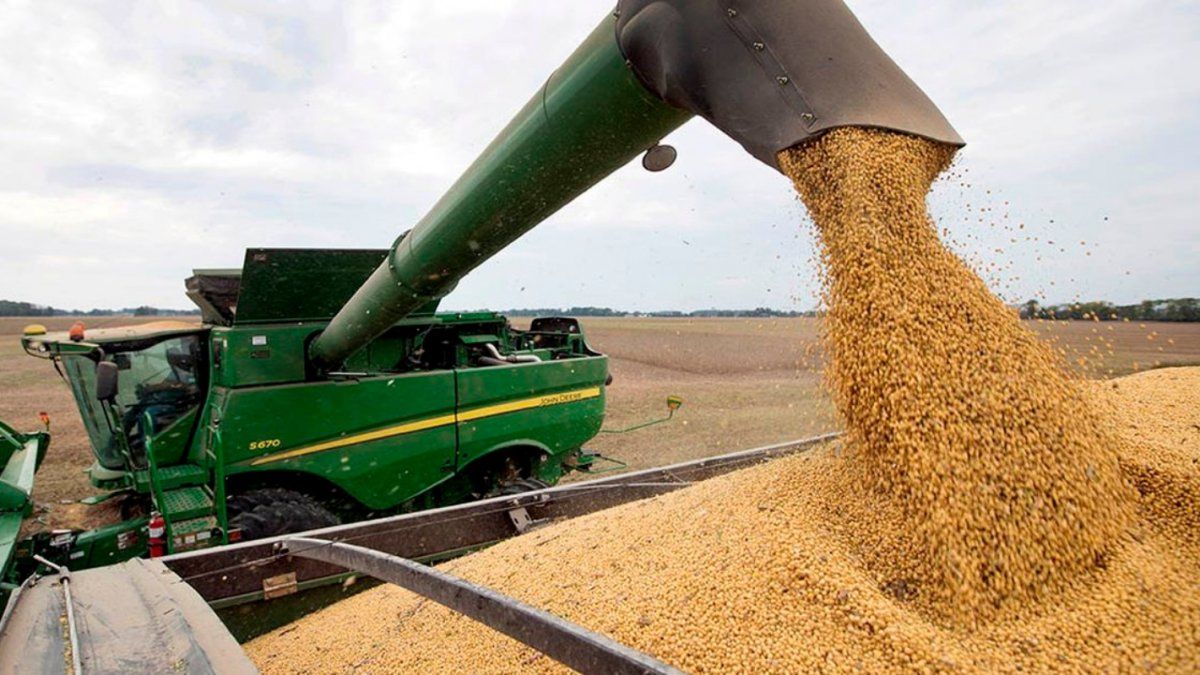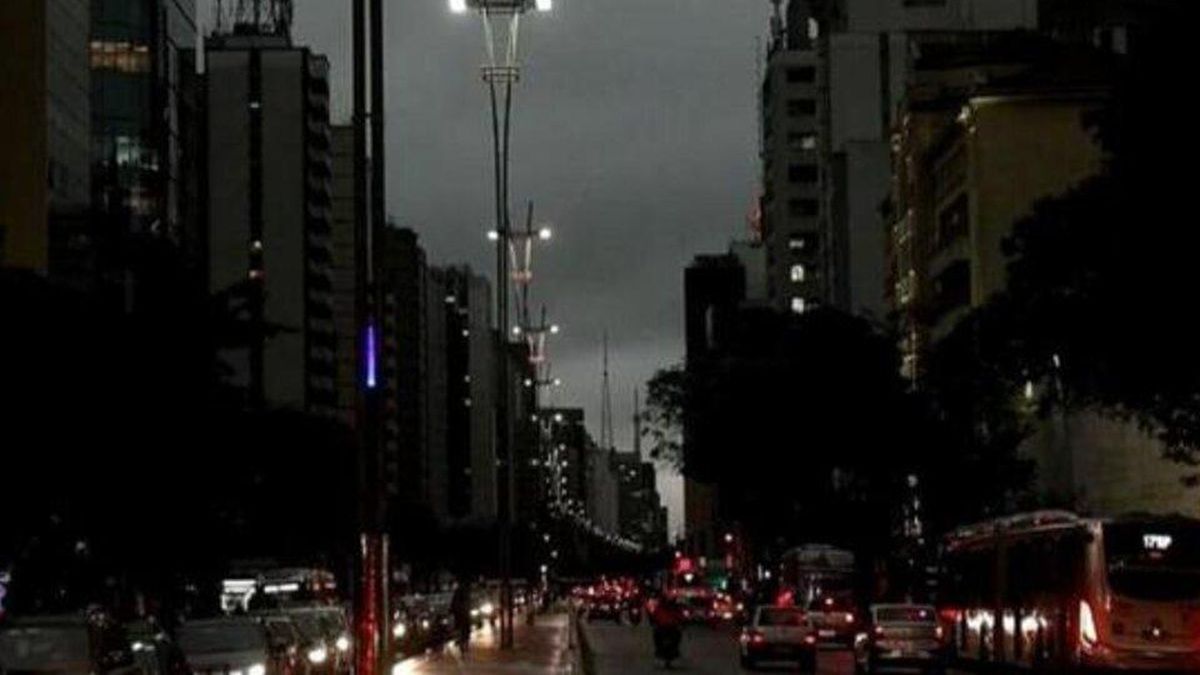Last month something curious happened. The forms of the Ministry of Economy marked that the retentions registered zero growth. Strictly speaking, they were about $19 million less than in the same period of 2021. In August, $81,701 million were registered for total sales abroad.
If the Argentine Trade Exchange spreadsheet published by INDEC is analyzed, total exports fell 6.9% last month compared to the same month in 2021 up to US$7,537 million. Of these, US$2,007 million correspond to the field. This item had a drop of 27.4% year-on-year. The rest of the exports showed growth.
That is to say, the producers of the field liquidated the minimum necessary while waiting for the news that Massa was going to announce. In the previous months there was a discussion between the Government and the Liaison Table, which was accused of withholding the dollars that were needed to finance imports of inputs for industry. When the new economy minister managed to unblock the situation by offering the differentiated dollar of $200, the $5 billion that he had agreed with the grain companies appeared.
The export duties that the “soybean dollar” will leave will represent an increase of the order of 350% or more, compared to what was charged in 2021, when $73,692 million entered. They will also have a strong impact on the total collection. Taking into account that the average monthly tax revenue is $1.4 trillion between January and August, it is expected to improve by 21%.
This month, treasury revenues could reach $2 trillion, if the growth rate of last month (72%) were maintained for the rest of the taxes, without taking into account what is produced by foreign trade.
The problem will be in October, November and December. For the last quarter, the Government will not be able to count on this resource if it does not extend the special price period.
The economist Salvador Di Stefano pointed out in an interview he had with the economist Christian Bueteler through the Twitter social network that in the coming months the producers “They are not going to liquidate anything.”
On the other hand, Hernán Letcher, director of the Center for Argentine Political Economy (CEPA), told Ámbito that this month the Government will have a sufficient amount of funds that will allow it to achieve the goals for the third quarter agreed with the IMF. “In September there are the income from soybeans and also the effect of the extraordinary advance of the Income Tax of large companies,” he said. For Letcher, with this, Sergio Massa will be able to meet the deficit targets for the third quarter agreed with the International Monetary Fund (IMF), in the same way as in the last quarter of the year, which is the most difficult.
Source: Ambito
David William is a talented author who has made a name for himself in the world of writing. He is a professional author who writes on a wide range of topics, from general interest to opinion news. David is currently working as a writer at 24 hours worlds where he brings his unique perspective and in-depth research to his articles, making them both informative and engaging.




